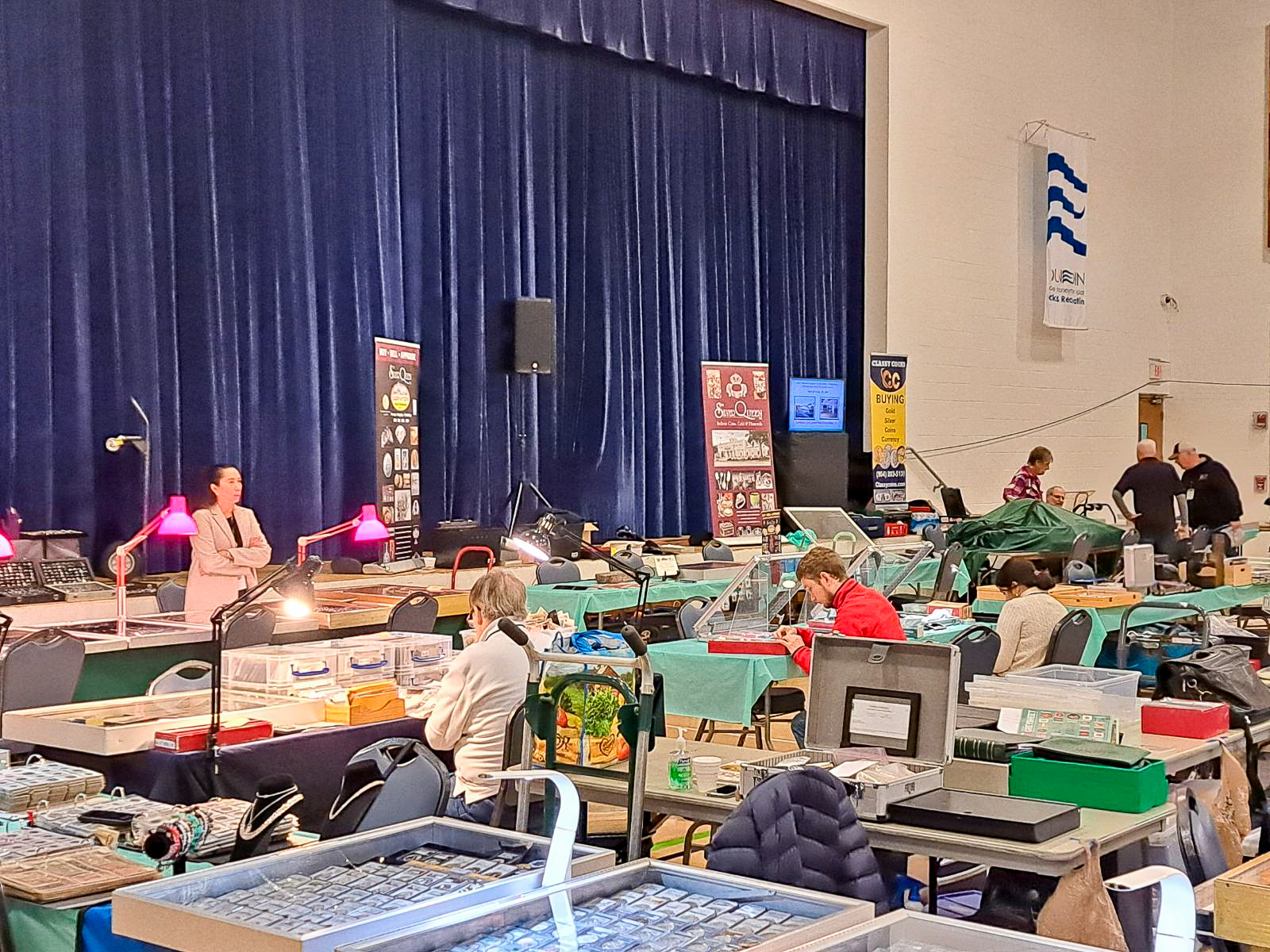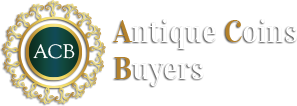Did you know that the antique market in the United States is valued at a whopping $17.6 billion? And it’s only expected to grow. If you’re passionate about the antique world, like me, you might be wondering how you can turn your love into profit. But becoming an antique dealer is not easy – it requires certain skills and traits that you need to master if you want to succeed.
As an antique dealer, you’ll be buying and selling different antique items like furniture, books, coins, sculptures, jewelry, military memorabilia, and paintings. You’ll need to have a deep understanding of these items and be able to determine their authenticity, rarity, and value. You’ll also need to know where to find the best deals and how to negotiate to get the best price.
However, before you venture into this endeavor, remember that being an antique dealer comes with significant responsibilities. To succeed in this fascinating industry, certain traits and skills are crucial. Let’s delve into these aspects to provide insights into a profession that can turn your efforts into profit.
What are antique dealers and what do they do?

Antique dealers are professionals who buy and sell various antique items, including furniture, books, coins, sculptures, jewelry, military memorabilia, and paintings. They are passionate collectors of rare objects and carefully examine the authenticity of antique silver tea sets and other similar findings.
Their responsibilities include determining buying prices, performing necessary repairs, displaying items, setting selling prices, and finalizing deals. Additionally, they may share their knowledge to assist those investing in antiques.
Learn About Buyers and Where They Collect Antique Pieces From
Buyers and sellers of antique goods often search for and purchase items at auction houses, estate auctions, and antique fairs. They may acquire items from other buyers, inheritances, and flea markets. In the US, some of the top places to find antiques include:
- Brimfield Antique Show in Massachusetts: This is the largest outdoor antique show in the country, featuring over 5,000 dealers and attracting 130,000 visitors.
- Round Top Antiques Fair in Texas: This bi-annual event is held over 25 miles with thousands of vendors nationwide.
- Scott Antique Markets in Atlanta, Georgia: This is the world’s largest indoor antique show, boasting over 3,300 booths and 500,000 square feet of space.
What Professionalism Is Expected from Vintage Item Buyers?
Antique/Vintage item buyers are expected to exhibit professionalism when dealing with antique items. They should have extensive knowledge about the condition, history, rarity, and popularity of the items they sell. This is particularly important when accurately identifying defects and fakes and appraising items like Tiffany silver flatware.
Practical communication skills are also a must-have for buyers as they interact with sellers, customers, and other dealers. They should be able to build rapport and trust with clients, handle objections, and conduct post-sale follow-ups to maintain positive relationships.
Find a Platform for Selling and Buying
When entering the dealing industry, choosing a platform for selling sterling silver flatware or building a collection is crucial. Online platforms with both offline and online presence offer several opportunities for selling and buying. Creating a personal website can also attract a targeted audience directly, resulting in converting clicks into customers.
Having your website has several benefits, including showcasing inventory attractively, reaching a global audience, enhancing credibility and reputation, and saving time and money by avoiding fees and commissions.
What Specialty Should Antique Dealers Have to Excel in the Industry?
To excel in the antique dealing industry, professionals should possess the following skills:
- The ability to purchase items through auctions, trade shows, individual sellers, and online marketplaces.
- The capability to sell antiques to the general public through stores or stalls located at antique centers.
- Proficiency in negotiation skills for both purchases and sales.
- The ability to study and identify the value of antiques.
- Confidence in buying and selling antiques online.
- Confidence in performing modest repair work on antiques.
Becoming an antique dealer is a unique journey shaped by individual niche interests. Explore online courses, webinars, magazines, newsletters, and books to further your knowledge.
Resources for Learning More about Antiques:
Many resources are available if you are interested in antiques and want to learn more about them. You can take online courses and webinars from organizations like the International Society of Appraisers, the American Society of Appraisers, and the Appraisers Association of America. There are also several magazines and newsletters that you can read, such as Antique Trader, Antiques and Fine Art, and Kovels on Antiques and Collectibles. Additionally, many books and guides are available, such as Miller’s Antiques Handbook & Price Guide, Warman’s Antiques & Collectibles, and Kovels’ Antiques and Collectibles Price Guide. These resources can help you learn more about antiques’ history, value, and appreciation.
These resources let you stay updated on the latest news and trends in the antique industry, enhancing your expertise and success as an antique dealer.







